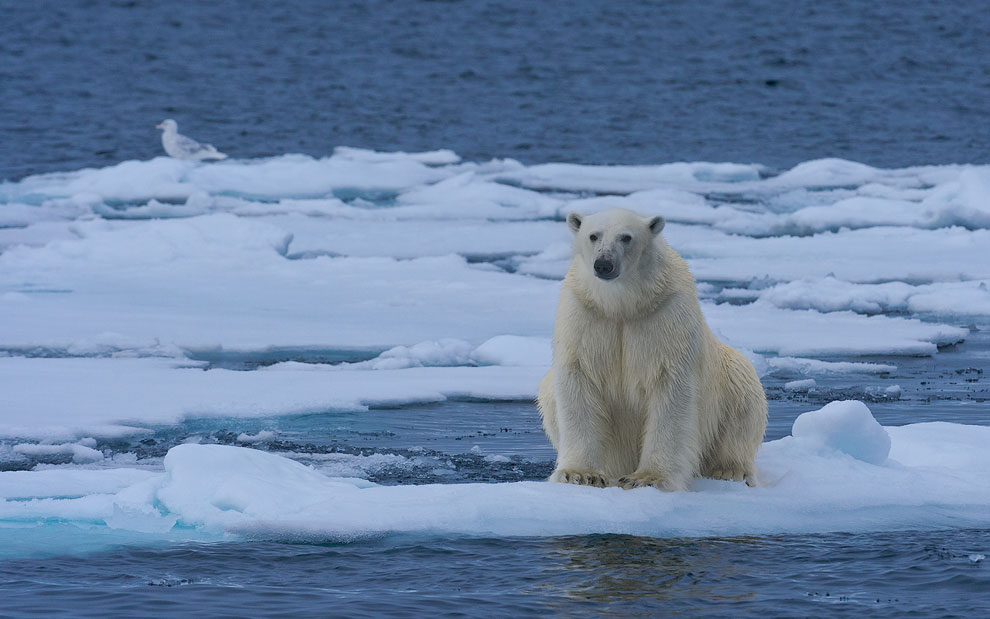We should all be legitimately concerned about drought and climate change, but we’re not because — in all honesty — it seems like a very far-off thing, and we’re probably not going to be alive when the worst of it hits, so why should we care right now? Let’s live our lives. (That’s where this becomes interesting.) Thing is, it’s happening already: 2014 is probably going to be the hottest year on record (more here), and the general idea was that global temperatures would probably rise 2 degrees between now and 2100. (That doesn’t seem like a lot!) Here’s the problem: now there’s a chance they might rise 4 to 10 degrees by 2100. That’s a serious fucking problem.
Now, if you were born in 1980, like I was, you probably won’t be alive in 2100 — and if you are, you’ll be 120, which kinda sucks unless we make some strides with telomeres — so maybe this is a big non-issue for someone like me. But I’m still worried.
More bad news: 2014 will be the 38th-consecutive year of rising global temperatures, and we’re already more than 1 degree hotter than the period from 1961 to 1990. 1 degree doesn’t seem like a lot, to be sure, but if it’s 1-2 degrees every 30 years, it will add up within only a couple of generations.
Part of the problem is that oceans absorb heat from global warming. As they absorb heat, the water molecules expand and sea levels rise — at the same time, heat is melting ice in ice-centric areas of the world, and sea levels are also rising via that method. Over the past two decades, the average sea level rise has been about 3.2 millimeters per year — again, not a lot, but it adds up.
High sea temperatures can lead to flooding in some areas, and extreme drought in others.
It’s fairly remarkable that a year such as 2014 would occur without an El Nino effect in the Pacific, although there are still ways to argue that the situation isn’t that bad overall right now.
Here’s a bit more on how this is evidence of “real climate change,” and just for kicks, here are the climate change deniers in the U.S. Senate.
One thing I’ve always found remarkable about climate change discussions is that they often center around the oceans, which is logical, as the oceans are about 74 percent of our entire planet. Yet, every climate change article always contains a sentence about how scientists don’t completely understand the oceans and what they do / how they act. That’s weird, right? If you had a unit of study in college and you said to the professor at the end, “Great unit, but admittedly I don’t really understand much about 3/4 of it,” wouldn’t you probably fail the class? (We’ve only even explored five percent — 5! — of the oceans.)
